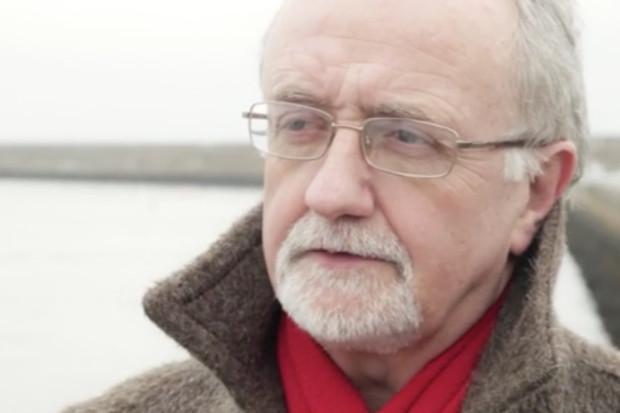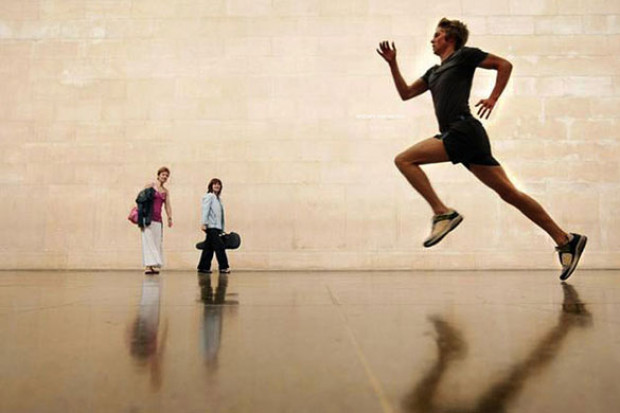Young Composers' Collective
In late 2003 I contacted a number of people to pitch the idea of starting a new organisation for young Irish composers. I received a very positive response. Most of them agreed that more needed to be done for young composers in Ireland. I also contacted former members of the Association of Young Irish Composers which ceased activity in the 1970s. They all spoke positively of this organisation and lamented its demise. One person described its dissolution as ‘a bad day for new music in Ireland’.
There is currently no support network for young Irish composers. The Association of Irish Composers (AIC) describes itself as Ireland’s representative body for composers, i.e. a trade union. It is run on a part-time basis, but unfortunately its funds are very limited. While the AIC does its best with limited resources, it does little for young composers. Anyone who wishes to join is qualitatively assessed by a committee, thus some young composers are excluded. This is an unfortunate situation considering the AIC’s role as Ireland’s composers’ union. The AIC organises concerts, but few young composers have been represented. In 2002 no composers under thirty were featured.
On the plus side, the AIC co-sponsors the Mostly Modern Young Composers Competition, but long-held plans for a young composer’s handbook have yet to come to fruition. Overall, the AIC’s lack of funding and staff severely limits what it can do for young composers.
The Contemporary Music Centre (CMC) is the main promotional resource for Irish composers. Representation comes with many benefits and many opportunities are exclusive to CMC members. CMC appears to be a very good organisation for those accepted for representation, but therein lies a problem. Few young composers are represented, and most will not be, because CMC has a very tough screening process.
I applied for representation last year and was refused because the board felt, ‘…it is still too early in your career to be accepted for representation – composers are normally at or past PhD stage when accepted’. If composers are not accepted until they are at or past PhD stage this obviously excludes the majority of young Irish composers. Even poor old Schoenberg wouldn’t have had a chance!
Many young composers are unhappy with the practical opportunities available to them at college. Music departments are generally under-resourced and cross-college collaboration is minimal. Composition is mostly taught as an academic subject, neglecting the fact that composers learn so much from the practical experience of working with performers. Improvements in this area would be of immediate benefit to all concerned.
Composers who study privately or teach themselves have no support network at all, so they must fend for themselves. Established performers and organisations provide few structured opportunities. Special exception must be given to Concorde and the Crash Ensemble, who support young composers well. One composer forlornly told me, ‘without Concorde my music would be silent.’
There are interesting models in other countries for the kind of organisation Ireland needs. The Society for the Promotion of New Music (SPNM) is an organisation based in Britain. It does extremely valuable work for young composers, including the organisation of performances and workshops with renowned professionals at high-profile events. SPNM is currently forging links with Ireland; as demonstrated by the recent SPNM/Concorde concert in Dublin. Unfortunately, SPNM’s profile in Ireland is small; many composers don’t even know it exists. Here’s hoping the forward thinking of current director Deirdre Gribbin ensures that SPNM increases its activities in Ireland.
The growing activity of young composer-led groups like the Crash Ensemble, the dB Ensemble, the Dublin Guitar Quartet, EAR, the Whispering Gallery, and Roy and Justin Carroll’s projects, illustrate that there is a vibrant scene of young musicians working together for the good of new music in Ireland. It seems logical that an organisation be created to reflect and enhance this situation.
That is what the YCC intends to do. Here are some of the more important things proposed at the inaugural meeting in February:
• Any composer born or resident in Ireland, aged 35 or under, is eligible for membership, regardless of compositional style;
• The YCC will be run by a nucleus of volunteers. Any member is welcome to be part of this nucleus, with the provision that they will work on everyone’s behalf and not do anything for personal gain;
• Members will pool their resources together to help organise events and establish information resources. Members are invited to submit works and events will be organised around them. To ensure fairness, there will be no screening of the ‘quality’ of the works. If a work can be performed, it will be performed;
• The YCC hopes to be able to work with established bodies to maximise the potential of the young composers of Ireland.
Full details of the proposals made are available by emailing me at this address: frisbee [at] oceanfree.net Anyone interested in joining or helping the YCC can also contact me at this address. Any assistance people can provide will be greatly appreciated.
Published on 1 March 2004
David Flynn is a composer and musician from Dublin














